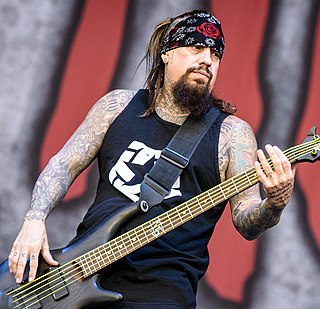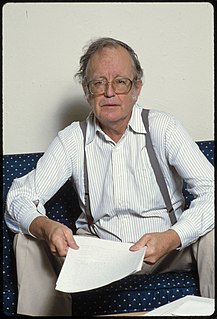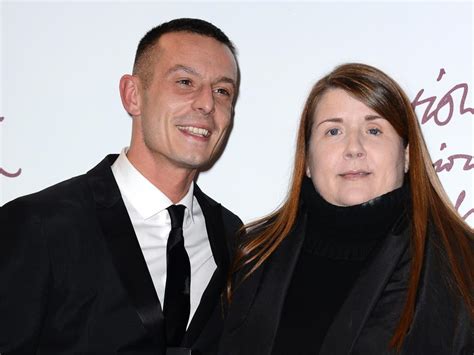A Quote by Tara Moss
It is important to know that criticism is a natural part of life and speaking out, and to know that a certain amount of the criticism you receive may have nothing to do with you, your argument, or the way you are articulating yourself. Some criticism online and in the physical world is neither constructive, nor balanced or intelligent. Some of it is abuse.
Related Quotes
I appreciate good criticism and I think it's really important. I don't like it when it's consumer advocacy, like how you should spend your $60. Great criticism is a kind of literature. I've written some criticism, and I really enjoy it because I think it's important for people to know that theatre is vital. Criticism is really unevenly distributed in this town. Obviously the power of the Times is discouraging. It's killing new plays, demolishing one after another.
That was one of the big problems in the [Black Panther] Party. Criticism and self-criticism were not encouraged, and the little that was given often wasn’t taken seriously. Constructive criticism and self-criticism are extremely important for any revolutionary organization. Without them, people tend to drown in their mistakes, not learn from them.
I don't have a very high opinion, actually, of the world of criticism - or the practice of criticism. I think I admire art criticism, criticism of painting and sculpture, far more than I do that of say films and books, literary or film criticism. But I don't much like the practice. I think there are an awful lot of bad people in it.
It is a fallacy to think that carping is the strongest form of criticism: the important work begins after the artist's mistakes have been pointed out, and the reviewer can't put it off indefinitely with sneers, although some neophytes might be tempted to try: "When in doubt, stick out your tongue" is a safe rule that never cost one any readers. But there's nothing strong about it, and it has nothing to do with the real business of criticism, which is to do justice to the best work of one's time, so that nothing gets lost.
People are more interested in reading bombastic ideas, whether they're positive or negative. Part of me has sort of lost interest in doing criticism because of that. I've always realized that criticism is basically autobiography. Obviously in my criticism, it's very clear that it's autobiography, but I think it's that way for everybody.
Students may feel the criticism is harsh, but I think it's possible they haven't had criticism before. It's my job to point out when something is badly done, or when there's no point of view. To build a brand you have to have something about you. If not personality, then some thought process. I'm 40, and they're young, so they're meant to be informing me. They should be bringing me a book or something that I haven't seen, not like some obscure chant book by Dominican monks, but an image of the way they see the world.
You gotta deal with a lot of people, the naysayers... but I've always been the guy who kinda just smiles and laughs at it. I use it as constructive criticism to be honest. Whether they're intentionally trying to be kind of spiteful or not, it's constructive criticism because you can't say there's always truth to it but there's definitely something.



































